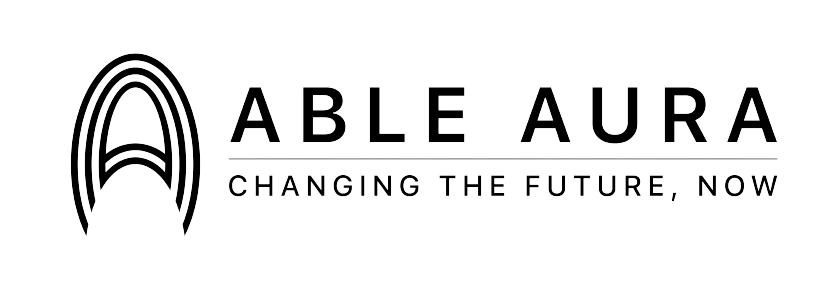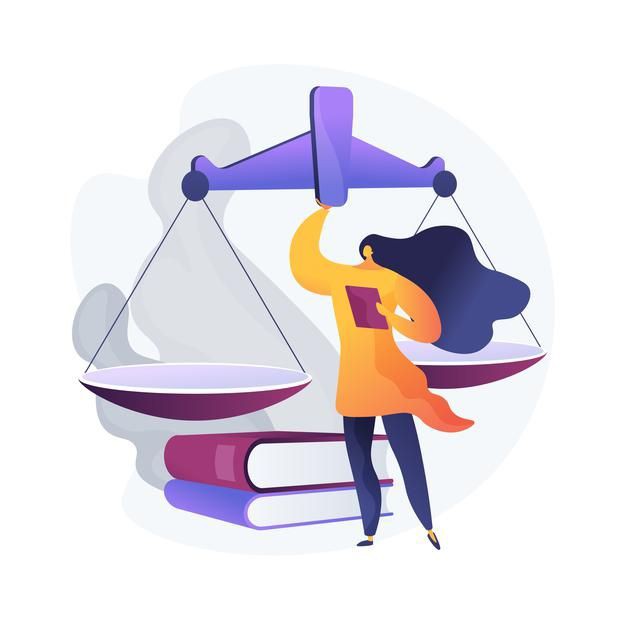Education is a right which has turned into a privilege today in India.
However our Constitution and law provides us an insight about the educational law and the PWD community. These laws and various avenues can only be put into practice by collective effort of the society as a whole.
• The disabled and the Educational law in India :
✓ The right to education is available to all citizens including the disabled.
✓ Article 29 (2) of the Constitution provides that no citizen shall be denied admission into any educational institution maintained by the State or receiving aid out of State funds on grounds only of religion, race, caste, language, or any of them.
This right is as much guaranteed to the disabled as to the non disabled.
✓ If the disabled belong to a minority religion or language they shall have the right to establish and administer educational institutions of their choice and the State shall not discriminate in granting aid to such educational institution under the management of the minority whether based on religion or language.
The three laws mentioned above act as the solid base to make education available and accessible to all as a right and not as a privilege.
• Article 45 of the Constitution directs :
✓ The State to provide free and compulsory education for all children (including the disabled) until they attain the age of 14 years.
✓ The State can set up schools of its own or grant aid to recognised schools.
✓ Though minority communities based on language or religion are free to set up schools and educational institutions of their choice, no child can be denied admission into any educational institution maintained by the State or receiving aid out of State funds on grounds mainly of religion, race, caste, language or any of them.
✓ The State can set up educational institution for the physically disabled persons such as schools for the blind, schools for the deaf & dumb and schools for the mentally retarded.
✓ If such schools are State aided they cannot deny admission to a disabled person having that particular disability relating to the school on any of the grounds mentioned above.
✓ Various States have enacted Primary education Acts to provide for free primary education for children in those States.
✓ It is the obligation of every local authority (Municipal Corporation, Municipal Committee or Cantonment Board) to provide for compulsory primary education for children who are ordinarily resident within its jurisdiction.
✓ Primary education means education upto 8th class and for children who are not less than 6 years and not more than 14 years.
✓ Schools can also be set up under the above Act for imparting primary education to children suffering from physical and mental disability.
✓ The schools so set up are aided by the State government and it is the responsibility of the parent or the guardian to send the child to an approved school imparting primary education.
✓ Those who receive primary education and pass class 8th are deemed to be literate persons by the Government.
✓ The States have also enacted legislations called Secondary schools Education Act for imparting education higher than primary education.
✓ These schools are also aided by the government and there can be special schools for the disabled.
✓ The management and regulation of such schools imparting higher than primary education that is, Secondary education is controlled by the State government in accordance with the provisions contained in the said enactment.
Further more, for admissions to College, University and professional courses the disabled persons are not subjected to any kind of disability or disentitlement if they are otherwise fit and eligible to pursue higher courses of education.
For admission to these institutions of higher learning :
✓ Reservation may be provided for those who are physically handicapped or physically disabled but otherwise are competent to pursue such courses of higher education.
The above mentioned laws and rights demands to be known by every Indian irrespective of them belonging to the PWD community or not. An informed citizen is a happy citizen.

